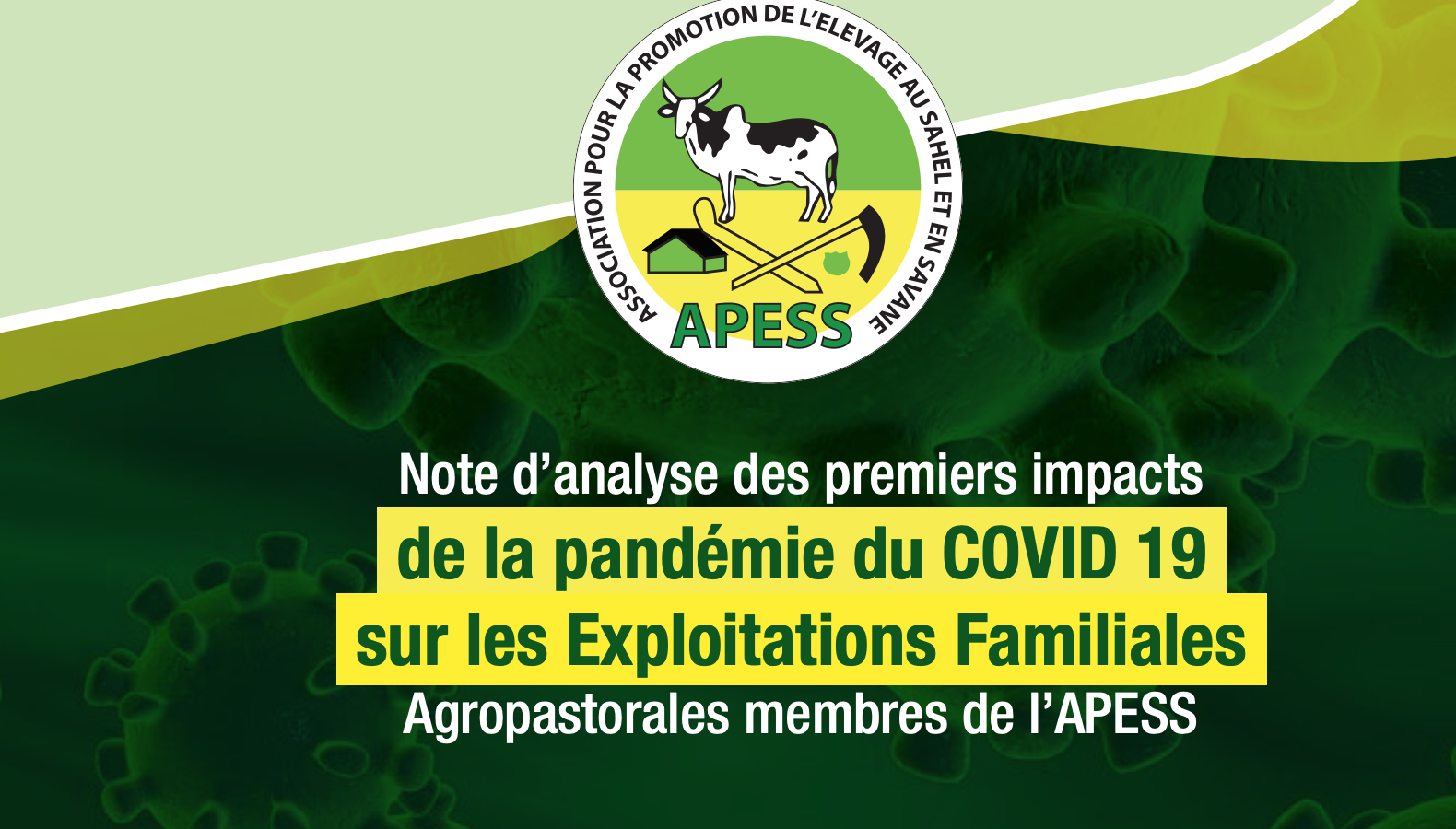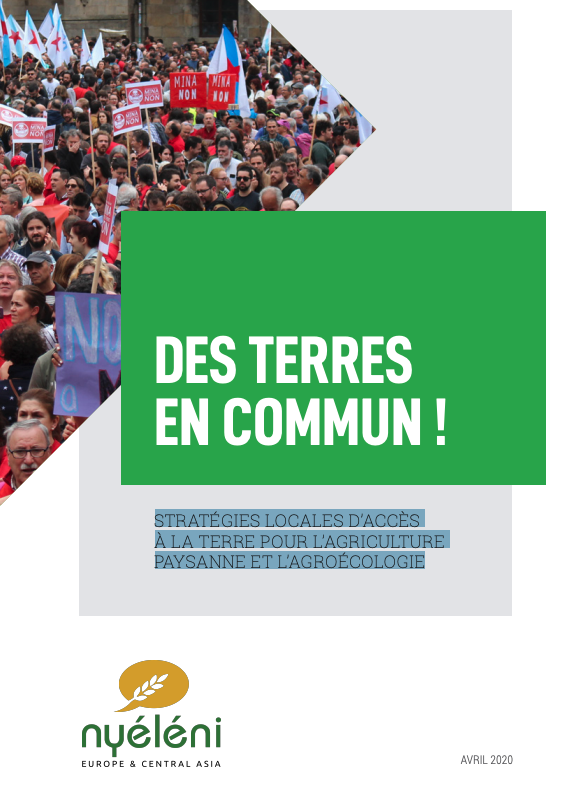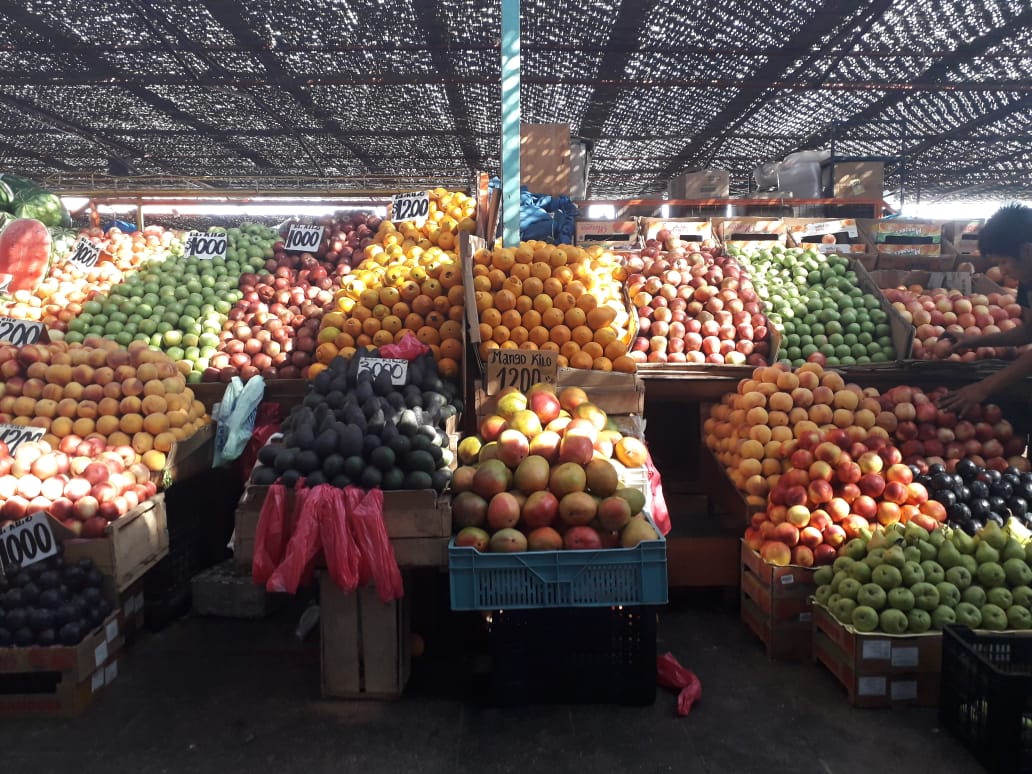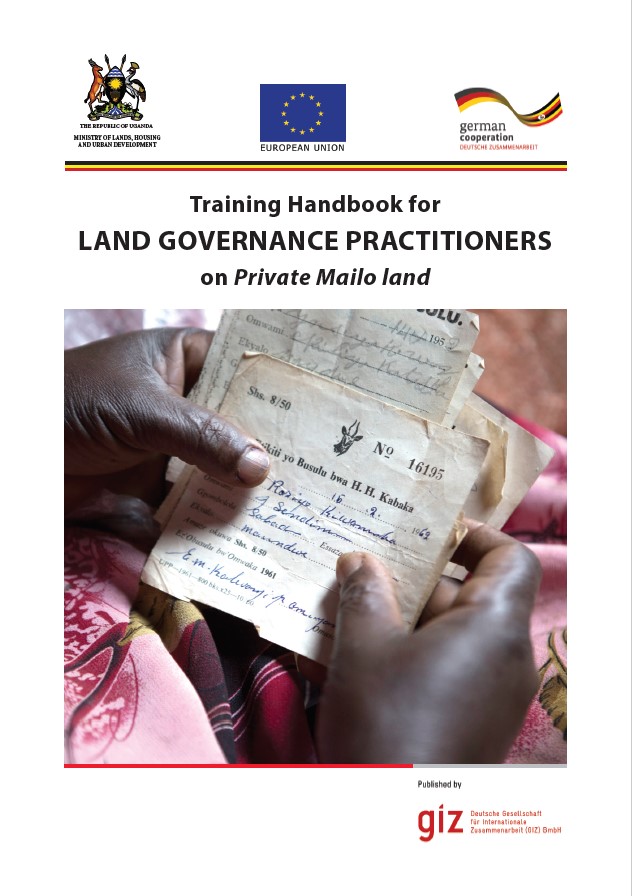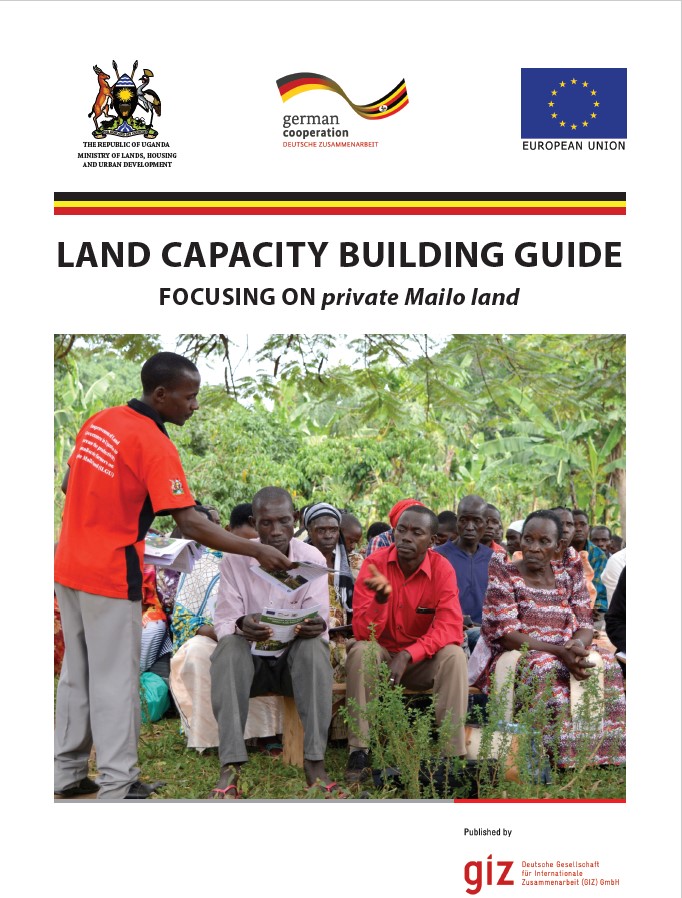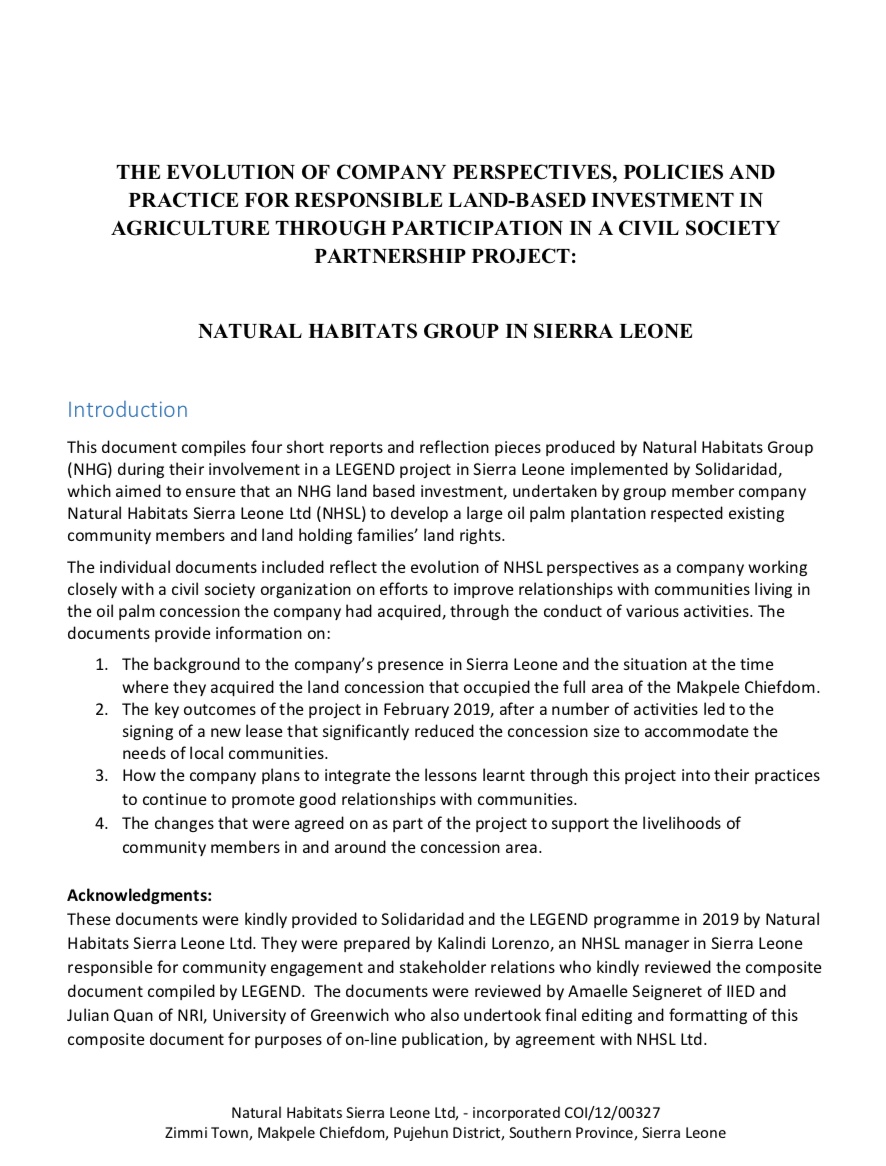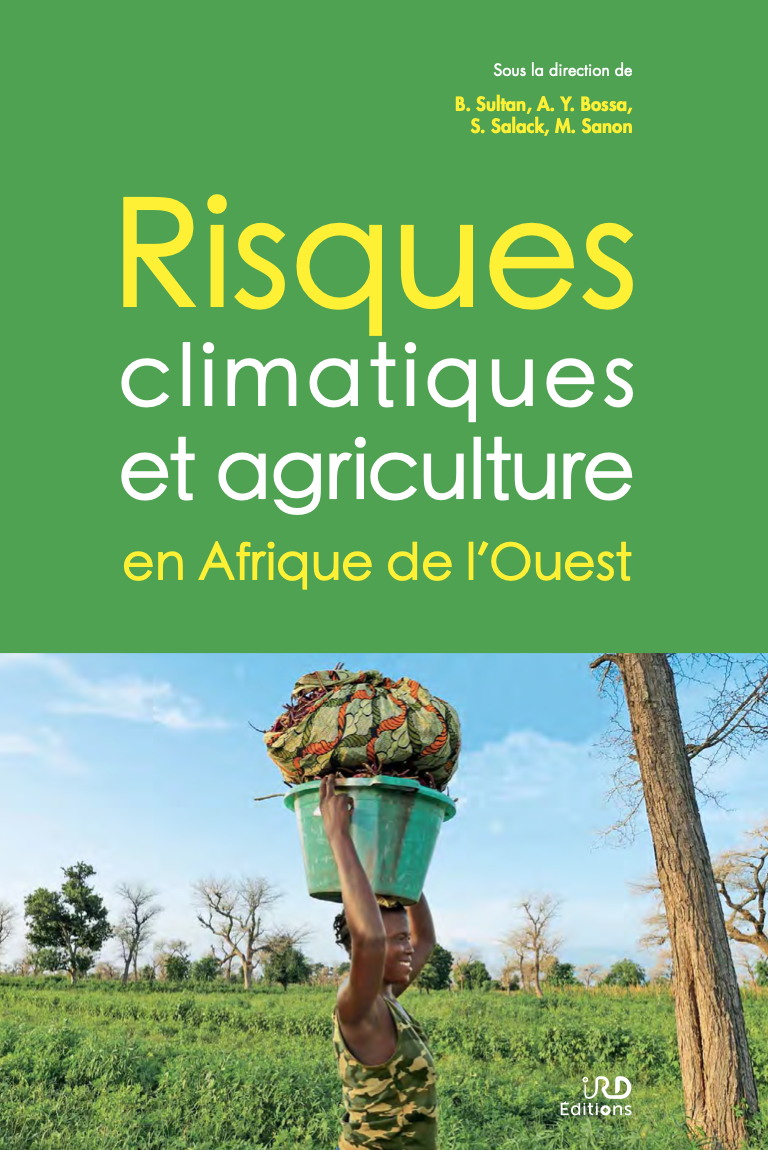Note d’analyse des premiers impacts de la pandémie du COVID 19 sur les Exploitations Familiales Agropastorales membres de l'APESS
Au moment où tous les pays d’Afrique de l’Ouest, à l’instar des pays des autres régions du monde, ont pris des mesures fortes pour contrer la propagation de la pandémie du COVID-19, l’APESS a voulu analyser les premiers effets de ces mesures sur ses membres.

